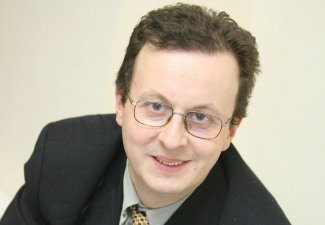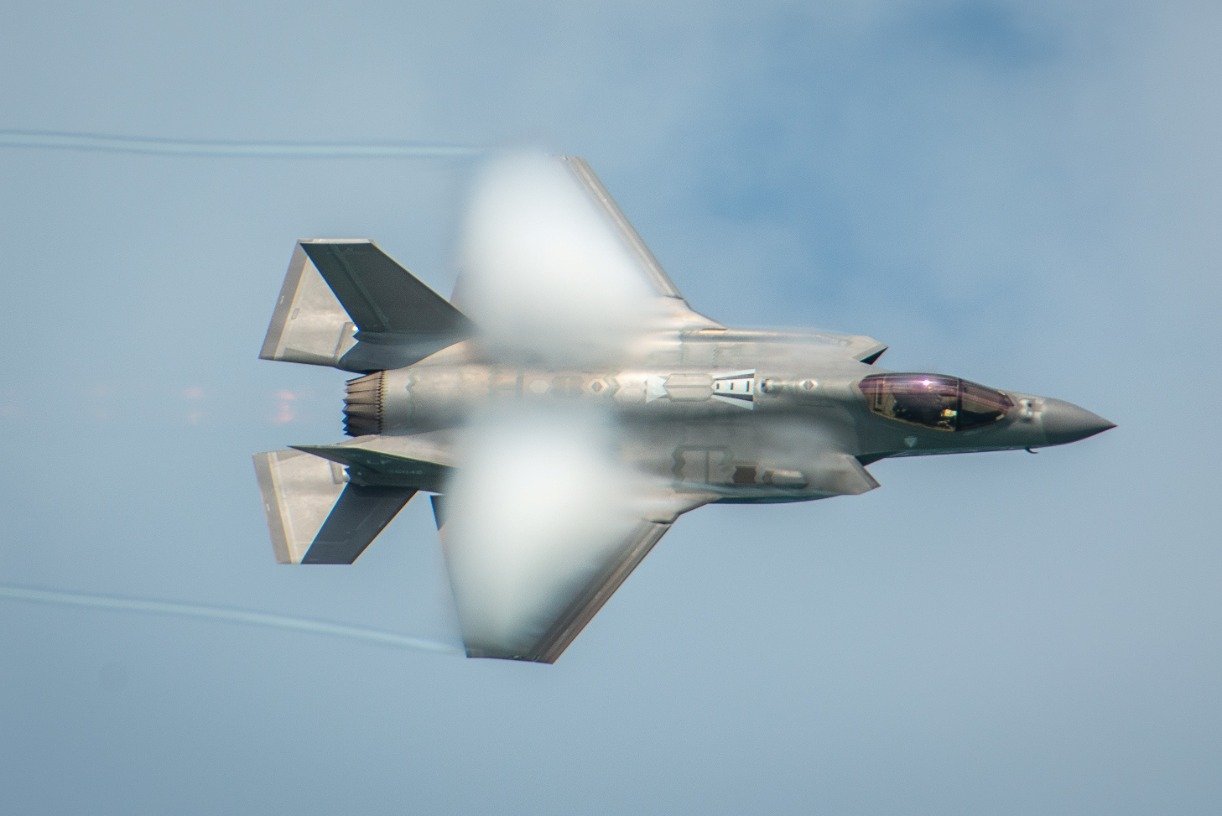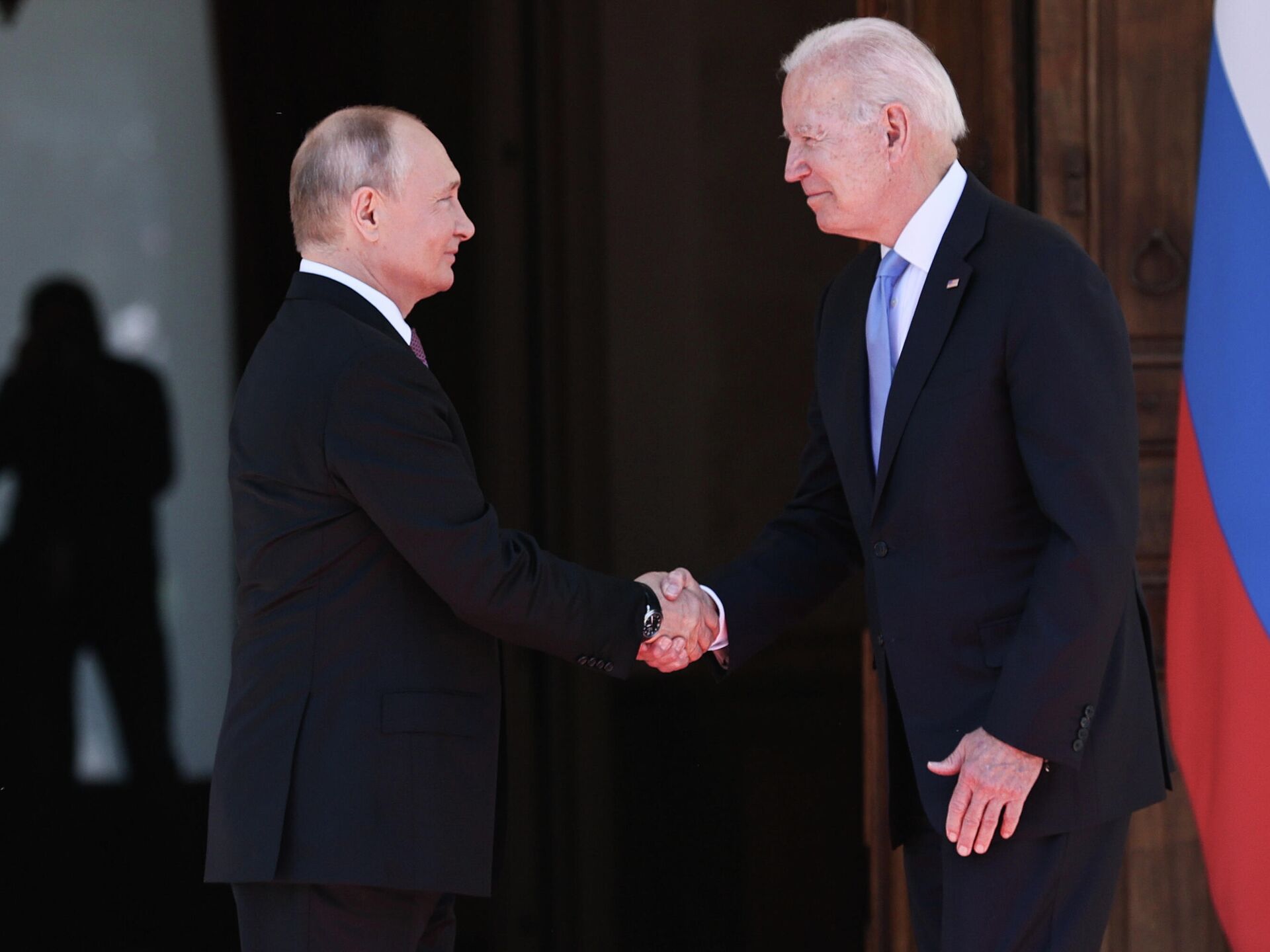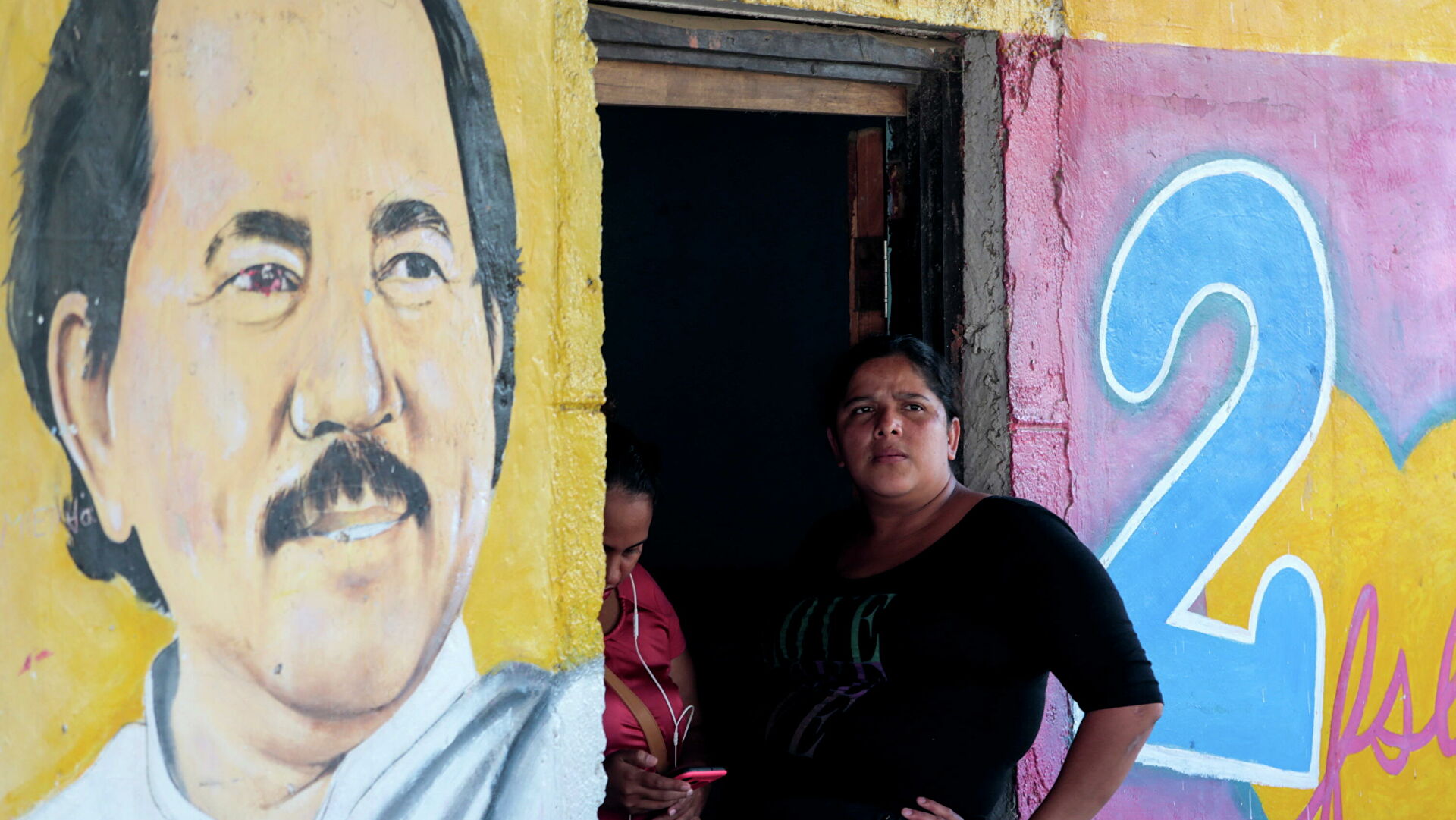
Dmitry Babich
Dmitry Babich is a Voice of Russia political commentator based in Moscow, Russia
The first source of such theories – the date of the attack – has been virtually exhausted by the vigilant public opinion in and outside of the United States. This "calendar symbolism" suggests that home-grown extremists inside the U.S. may be involved - with little factual support.
Indeed, the proof supporting the latter version is scant: first, April 15 is the deadline for filing tax declarations, and April 19 is the anniversary of the Oklahoma City explosion staged by the ultra-right bomber Timothy McVeigh.
The past experience shows that, unlike in Russia and other European countries where home-grown extremists are usually from the ultra-left wing, those behind American bombings tend to be extremist libertarians protesting all sorts of tax declarations or any other form of government interference in people’s lives.
Back in 1995, the scale of McVeigh’s bomb attack shocked the Americans, who initially suspected Muslim radicals, a fact pointed out by the editor-in-chief of the Russia in Global Affairs magazine Fyodor Lukyanov in an interview with the Voice of Russia:
"The first thought was who could have possibly done that? Why, but some Arabs, of course - Palestinians or some other Muslims. There was no al-Qaida yet in 1995, but there already were radical clerics, and there was a terrorist act in New York in the early 90s. Everyone was sure that Arabs were involved,” Lukyanov says. "But then it turned out that the real perpetrator was a WASP (white Anglo-Saxon Protestant) and that he had a WASP accomplice. But why did they blow up the building? It’s because they hate everyone, they said. The news came as a shock. So when it comes to the Boston attack, much still needs to be found out before any versions can be put forward.”
Curiously, a lot of people in the United States and abroad, particularly in the Middle East, are skeptical about the officially proclaimed "Arab” trail behind the 9/11 attacks. According to public opinion polls held in the last few years, 43 percent of Egyptians hold Israel responsible for 9/11, while 36 percent of Turks suspect the U.S. government.
Only the poor population of African countries – Kenya and Nigeria - gives a clear majority support to the official version - probably acquiring these innocent beliefs from Anglo-Saxon media, available to Kenyans and Nigerians thanks to their British colonial past.
The Arab media, for example, tends to be more conspiratorial than the bulk of the Anglo-Saxon media, which still supports in most of the cases the "international terrorism” version pushed forth by the Bush Administration. Bush's version of jealous terrorists, who kill people out of hatred and jealousy for American "freedoms," Lukyanov says, is also beginning to look like a conspiracy theory.
"It was after 9/11 that the war on terrorism shaped into a system-building strategy as attempts were made to create a new enemy instead of the former Soviet Union. Look, its advocates said, here is a dreadful enemy that constitutes a dire threat to all of us, the people of goodwill, and consolidates us against all rogues," Lukyanov says.
Well, consolidation failed, because too many people distrusted then-President Bush and his theories. The 9/11 Truth Society founded by those who don’t believe in the official version still meets regularly in the United States.
Here are their arguments: on the day of the attacks, the U.S. air defense system was mysteriously non-operative; President Bush left the White House for Florida to meet local school students well before the terrorists hijacked the planes. Finally, the terrorists proved to be such skillful pilots as they could only be trained at air bases, naturally in the United States.
One of the conspiracy theories in the Boston Marathon drama is one about a certain disgruntled marathon runner who decided to avenge himself on the oblivious public. Others link it to the anniversary of the sinking of the Titanic ocean liner, even though it’s pretty unclear how anyone would wish to express himself or herself on a disaster that happened more than a century ago.
The lack of enthusiasm for Bush's versions could be explained by the wars in Iraq and Afghanistan which had long before the recent tragedy in Boston shown that the very notion of international terrorism is wrong. What is meant by international terrorism is nothing more than "asymmetric warfare” practiced by individuals, the so-called "losers,” who can’t hope to defeat the United States in an open fight.
Alas, there is a slim chance of victory in a "fair war" when you are fighting a country which accounts for 39 percent of global military spending. When you are confronted by a country that has a $682 billion annual defense budget, this is not a fair war by definition.
Dialogue is the only option in this case. Yet, judging by U.S.-Russian relations, the American side is rarely ready for a serious dialogue, hence the joke about Bush's vision of dialogue: he sends F-16 bombers more often than cables or E-mail messages. Unfortunately, the same can be said about President Barack Obama, except that he sends drones. So where does dialogue come here?



_jpg/250px-ElbeDay1945_(NARA_ww2-121).jpg)









